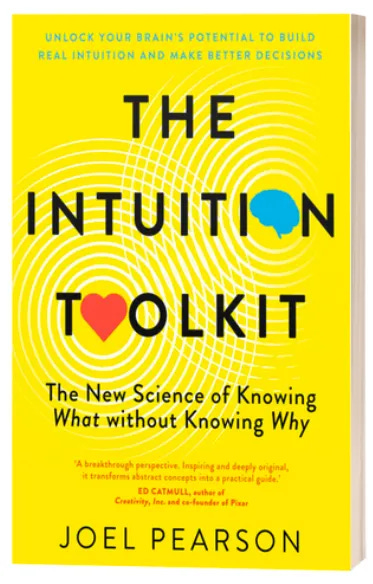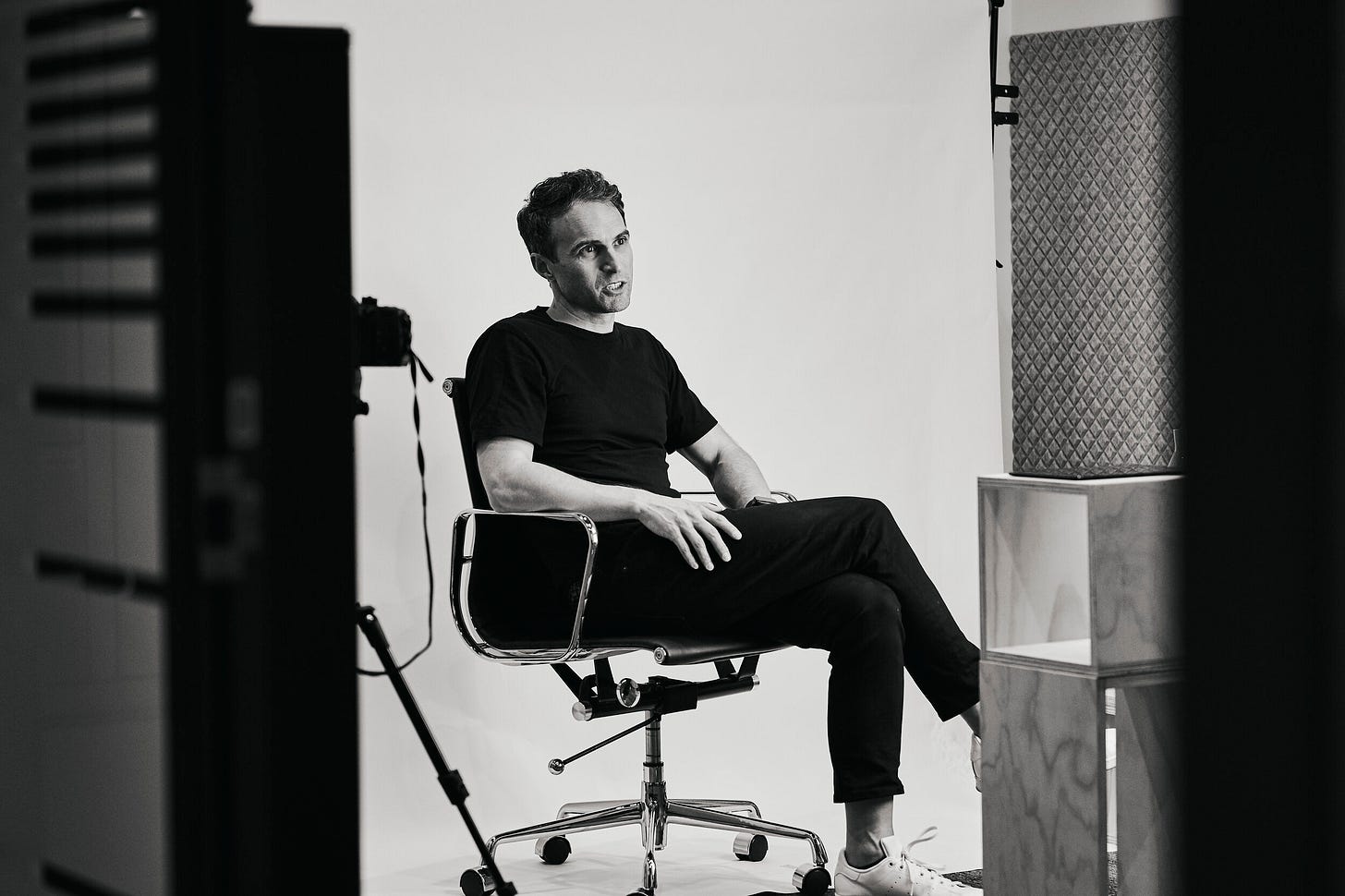Multisensory Aphantasia: The Mind’s Silent, Scentless, Soundless World
Aphantasia Affects More Than Just Vision – Here’s What You Didn’t Know
Hello my friends,
You’ve probably heard that aphantasia is about not seeing pictures in your mind—like having a blind mind’s eye. But here’s something most people don’t realize: for most people with aphantasia, it’s not just visual—it’s multisensory. That means no inner sounds, no imagined smells, no mental taste, and even no sense of touch in the mind. It’s like a total sensory blackout. There are even rare cases of people who have intact auditory imagery but are otherwise aphantasic—but that only happens in about 4% of those tested.
Here’s a new short video focusing on multisensory aphantasia:






Hi Joel, first, you may like to know about an article on Aeon which references your Toolkit book quite heavily. It’s by anaesthesiologist Ronald W Dworkin, ‘When I Lost My Intuition.’ Spreading the word!
I am certainly a multi-sensory aphant and I find that understanding how differently all brains can perceive the world is really helpful when bouncing off my own experience. So thank you for teaching me. Now I have an excuse for always taking so long to choose from a menu.😁
My perpetual inner ‘voice’ is silent. So not a voice per se. But calling it a monologue sounds boring. I have read incessantly since childhood and I know I have a narrative approach to any learning. Humanities - excellent. STEM or computing - absolutely hopeless. Discrete, disparate chunks of info are really hard to memorise. Software programs, post Windows 10, are like this, as well as being so pictorial. I am pretty hopeless still at these. I can only easily learn what I understand, so it must have a narrative aspect.
I am amazed to learn that my daughter, though she has a silent monologue (and mid range imagery), can HEAR each character in a novel and they all have their own voice. 😳.
As I have aged my intuition has developed to the point that, rather accidentally, I have learned to mind/body commune re fine-tuned questions about health, appreciated by both my physio and naturopath. Your book is great. Roseann
I have contacted you before as a mathematician with aphantasia living in Newcastle. And find your work, and that of other researchers in the area, fascinating.
I have multisensory aphantasia unable to mentally re-experience sights, heard sounds, experienced smells or tastes or tactile sensations. However, when I read i "read silently"; that is, go through the process mentally saying the words, but without exciting either larynx or tongue.